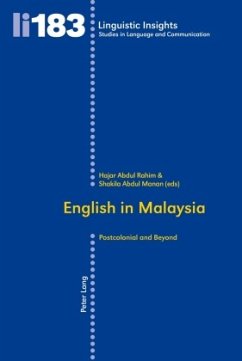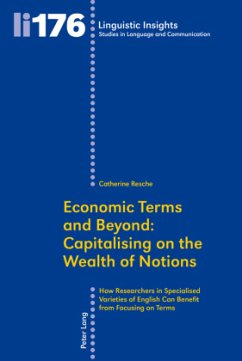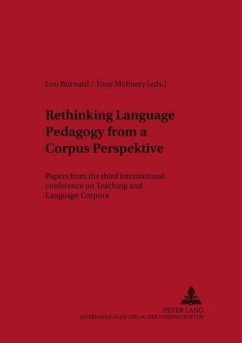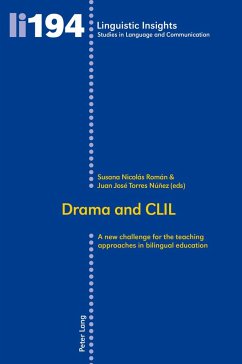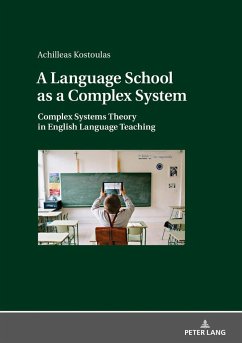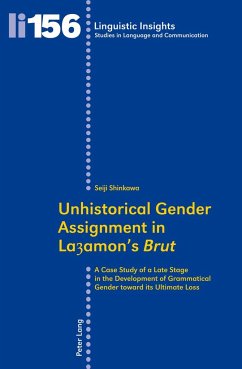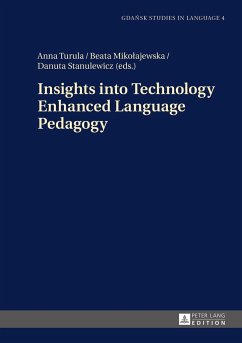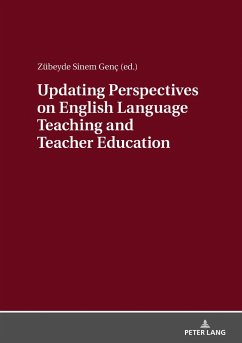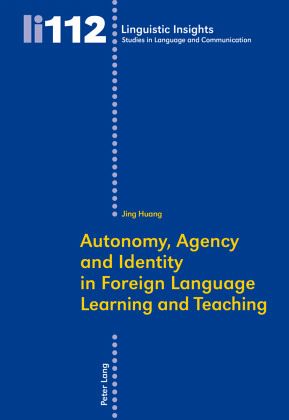
Autonomy, Agency and Identity in Foreign Language Learning and Teaching
Versandkostenfrei!
Versandfertig in 6-10 Tagen
125,35 €
inkl. MwSt.

PAYBACK Punkte
0 °P sammeln!
This book offers readers a basic grounding in autonomy and related concepts of agency and identity in foreign language education. The ethnographic study explores how autonomy develops within the long-term process of EFL and TEFL learning in a Chinese social and institutional context. Through examining the general characteristics and patterns within the long-term development of autonomy among the students, the enquiry puts under close scrutiny a number of fundamental issues in autonomy research and practice, such as reactive autonomy in relation to proactive autonomy, personal autonomy in relat...
This book offers readers a basic grounding in autonomy and related concepts of agency and identity in foreign language education. The ethnographic study explores how autonomy develops within the long-term process of EFL and TEFL learning in a Chinese social and institutional context. Through examining the general characteristics and patterns within the long-term development of autonomy among the students, the enquiry puts under close scrutiny a number of fundamental issues in autonomy research and practice, such as reactive autonomy in relation to proactive autonomy, personal autonomy in relation to learner autonomy, other-control in relation to self-control in the "multi-control model" of autonomy, and also issues of autonomy in the transition from foreign language learning to foreign language teaching. The study presents the more "describable" concepts of identity and agency to investigate the development of autonomy in foreign language learning and teaching and explores their complex interrelationships. The book finally highlights major contributions and limitations of the investigation, and provides implications and suggestions for theory, pedagogy and research.





